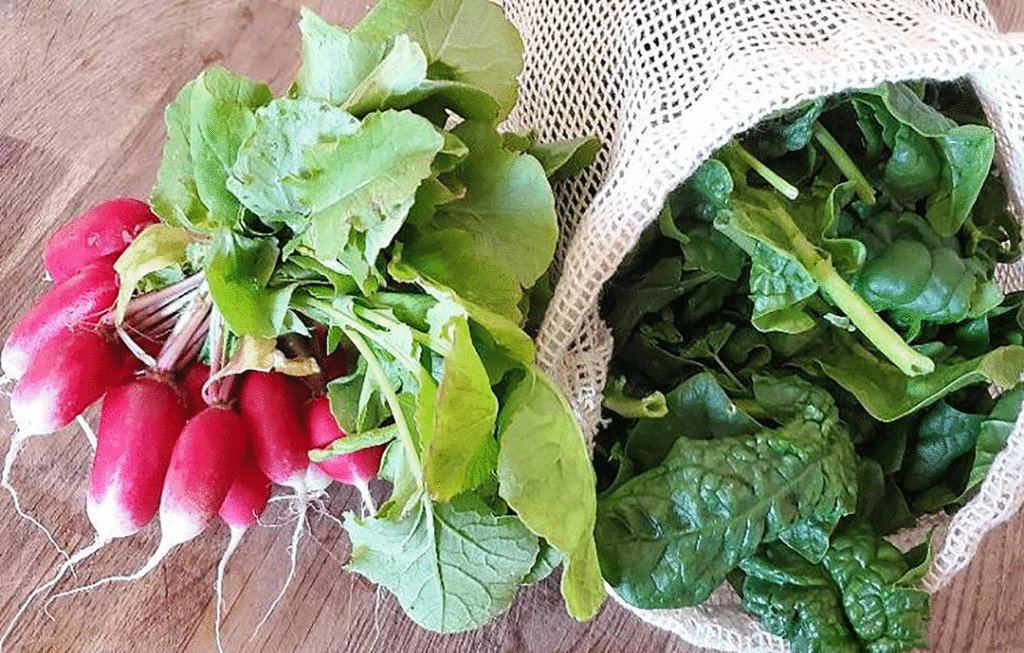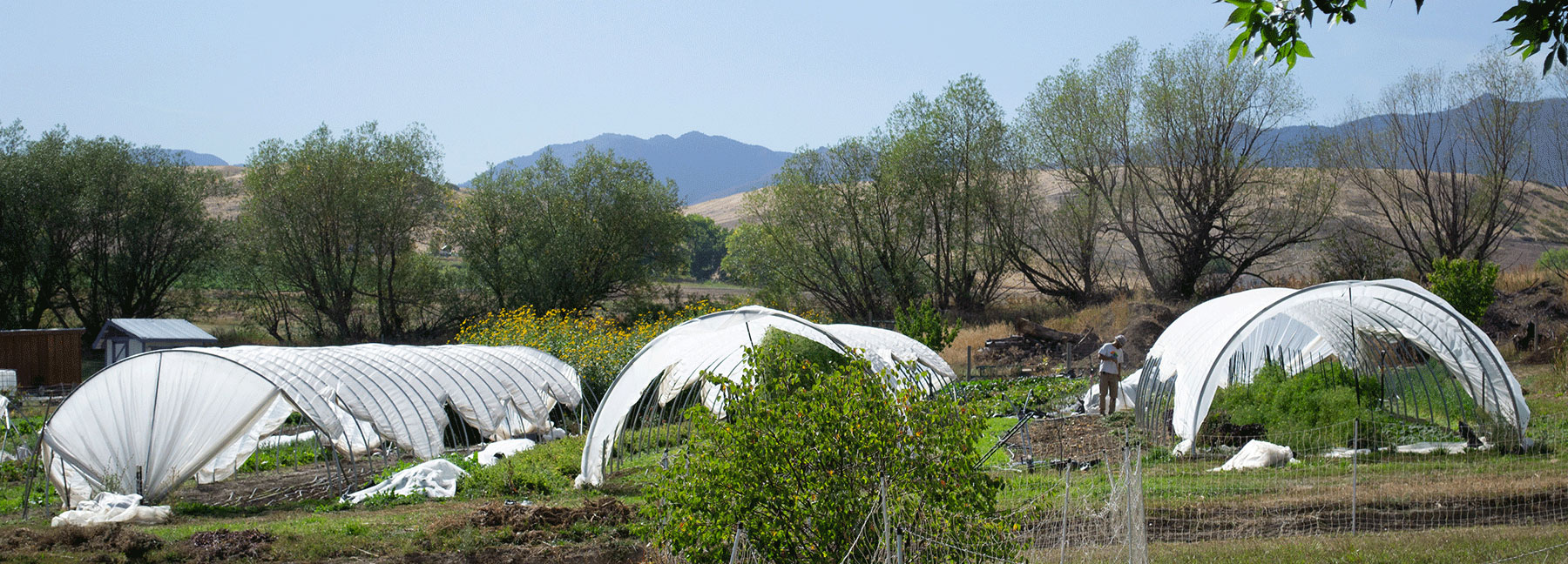As we all pivot to the COVID-19 reality, we’ve been profiling how local Boulder businesses and industries are adapting to the new world. In this post, we touch on Boulder County’s abundance of local farms, as they lean into providing their fresh-grown produce directly to the people through community-supported agriculture (CSA) programs.
With many farms experiencing severely curtailed wholesale demand from closed restaurants or those with limited operations, many of Boulder County’s farms have started developing direct-to-the-people food delivery programs.
Quarantined Boulderites will still have access to fresh produce by participating in CSAs offered by local farms. Some of these include:
- Esoterra Culinary Garden
- Speedwell Farms & Gardens
- Cure Organic Farm
- The Diaz Farm
- Ollin Farms
- Oxford Gardens
- Kilt Farm
- Jacob Springs Farm
- 63rd St. Farm
- Rocky Mountain Fresh
- Aspen Moon Farm
- McCauley Family Farm
Some traditional wholesale farms, such as Esoterra Culinary Garden and Speedwell have quickly shifted to roll out direct-to-consumer programs. Other wholesale farms have leaned into their CSA programs to survive, including McCauley Family Farm, and some like Aspen Moon Farm and Cure Organic Farm have daily farm stands as well.
Arcana Restaurant + the immense challenges facing Boulder small businesses
Because some farmers lack the infrastructure to sell their food direct, especially under COVID conditions and subsequent delay of the many farmers’ market openings, Big Red F Restaurant Group, which runs a handful of Boulder restaurants including Centro, Zolo Grill, Jax Fish House and West End Tavern, has partnered with the Boulder County Farmers Market to host a revolving series of pop-up farm stands with produce from local farms at their restaurants. The first one happens this Saturday March 28th at Zolo Grill!
Consumers can purchase the produce online at zologrill.com beginning Wednesday March 25 and pick up their box at the restaurant on Saturday morning. The stand will sell a $30 CSA-style box of mixed produce from Oxford Gardens, Rocky Mountain Fresh and Denver-based Elliott Gardens that includes cucumbers, mixed greens, Bibb butterhead lettuce, arugula, mizuna, watercress, and basil. They have 40 boxes available.
The shift to CSA
Local organic Esoterra Culinary Garden owner Mark DeRespinis, who runs the 1.5-acre vegetable farm on land leased from neighboring McCauley Family Farm at North 63rd Street, is one local wholesale farm adapting to direct sales on the fly.

Since 2018, Mark has built his organic garden working with local chefs in artisanal restaurants such as Corrida, Blackbelly, Arcana, Frasca and Santo, delivering edible herbs and flowers for plating, among other seasonal delicacies. With the recent turn of events, Mark has shifted Esoterra’s gears toward a CSA model.
In the CSA model, people buy “shares” of a farm’s harvest in advance and receive their crops as harvested. Many local farms already have a CSA as part of their business model, but until COVID-19, Esoterra wholesaled exclusively.
Even with the business model shift, sales have gone down over 50 percent from last year. In the last two weeks, Esoterra has sold 75 pounds of spinach, about half of what it normally delivers in that period.
His remaining restaurant partners are coveting hardier, more take-out ready crops such as spinach and radishes.
Farm as healer
“The garden is magical,” Mark says. “It doesn’t know there’s a pandemic. It’s all going to find a home; people are rallying.” Mark anticipates selling about 100 pounds of spinach each week.

While he still delivers produce to Blackbelly and recently Arcana, restaurants have also switched gears to prioritize food in their walk-ins not going bad. The situation is so new that these businesses still need to assess just how much the community can support them. Mark talks to his chefs all the time as they figure out the best way to make it work.
For now, some of the early season crops like wrinkled crinkled cress, agretti, and chamomile greens will now end up in salad mixes for people in the CSA.

Since Esoterra rocks a small-scale, organic garden identity rather than a big farm, it doesn’t see change as drastically, week to week. “The pivot is so exciting,” says Mark, “the adaptations, the ways people are making it work. Everyone’s taking a hit in different ways, but there’s a sense of sharing around it.”
Like for many of us, time spent with his family, the garden, and his community has held fundamental for Mark as he deals with the uncertainty of coronavirus, as well as the connection with people who have reached out for Esoterra’s CSA.
The toughest part of spring in general for farms is cash flow — really relying on that early spring income to jump start the season (which hits its stride in May.) Luckily, Mark’s garden has benefited from having planted more in anticipation of [business] growth. While growth or a strong market has not necessarily been happening, the garden has yielded plenty of food for people who need it.
With additional reporting by Taty Sharpton.
Header image: Esoterra Culinary Gardens. Photo: Tatyana Sharpton



